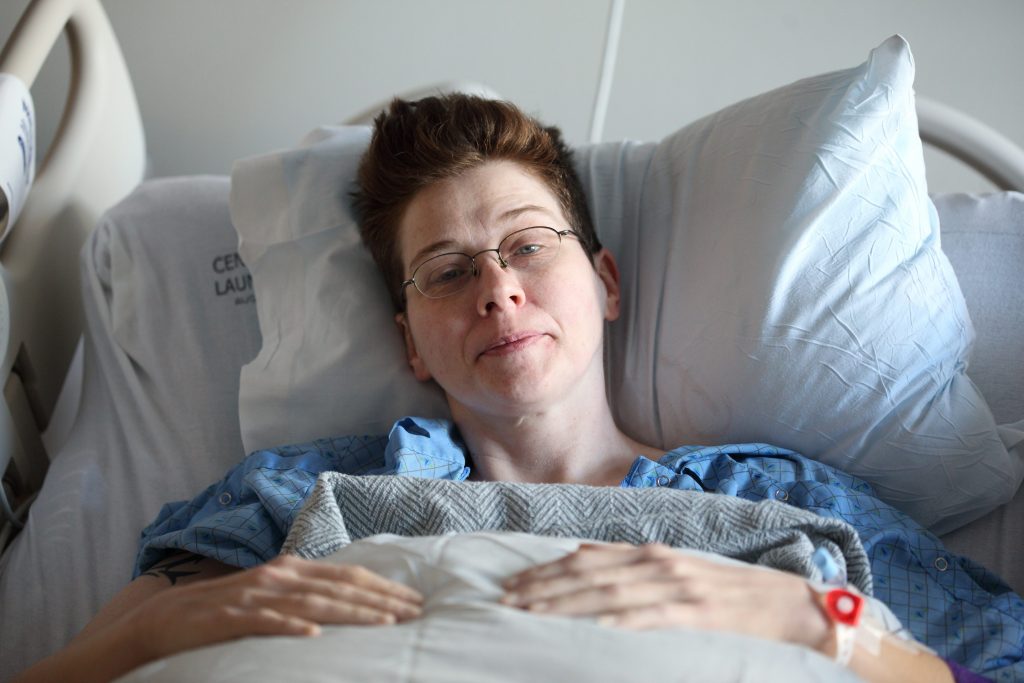From April 1 until June 30 women in Oxford needing gynaecology will have no local access to NHS services, according to statements posted online during March by Oxfordshire CCG.
Instead they face a minimum 26-mile trek to alternative NHS services as far afield as Frimley Park in Surrey (58 miles) Warwick (47 miles) or a laborious 40-mile journey with no viable public transport option to Milton Keynes.
And if they begin treatment at one of these far-flung alternatives, they will need to complete their treatment with the same provider.
The closest NHS option is Reading’s Royal Berkshire Hospital 26 miles away. The CCG helpfully suggest a range of possible private hospitals – in Banbury (30 miles) Reading, Nettlebed (a rural area 19 miles away) or Buckinghamshire, which would no doubt be delighted to have more NHS-funded patients.
The reason? Unexplained. The CCG simply warns the public that “Some women in Oxfordshire have been facing very long waits for certain gynaecology outpatient appointments and treatment at Oxford University Hospitals. We apologise for this.”
A letter to GPs puts the responsibility on the Trust:
“Oxford University Hospitals NHS Foundation Trust (OUH) has capacity challenges in gynaecology. Every effort is being made by the Trust to improve this situation. Progress has been made in reducing the number of women waiting long periods for surgery but outpatient appointment waiting times are still a significant challenge.
“Women are experiencing waiting times for gynaecology outpatient appointments of 40-plus weeks. This is unacceptable in terms of care and patient experience.”
The question is why neither the CCG nor the Trust has acted earlier to ensure that this core service remains available locally for women in pain. The GP letter lists the problems for which no local service will be available for three months: “OUH will not accept referrals for: pelvic pain; general gynaecology; urogynaecology; endometriosis; menopause clinics.”
This is not the first time this problem has disrupted local provision of gynaecology in Oxford: just two years ago a similar warning to GPs was posted by the CCG:
“OCCG’s main provider, Oxford United Hospital Foundation Trust (OUHFT), is currently struggling to find capacity within this service. Waiting lists are very long and this is causing a backlog, for various reasons, which they are now addressing urgently.
“… Many Gynaecology referrals to OUHFT are currently beyond the 18 weeks target, due to manpower and other capacity issues. Patients cannot be given an appointment when they book, leading to a lot of confusion and backlog, as well as extra work in primary care.”
Questions need to be asked about the CCG’s role in commissioning and monitoring the performance of the service and the priorities of trust managers at OUHFT.
Dear Reader,
If you like our content please support our campaigning journalism to protect health care for all.
Our goal is to inform people, hold our politicians to account and help to build change through evidence based ideas.
Everyone should have access to comprehensive healthcare, but our NHS needs support. You can help us to continue to counter bad policy, battle neglect of the NHS and correct dangerous mis-infomation.
Supporters of the NHS are crucial in sustaining our health service and with your help we will be able to engage more people in securing its future.
Please donate to help support our campaigning NHS research and journalism.


